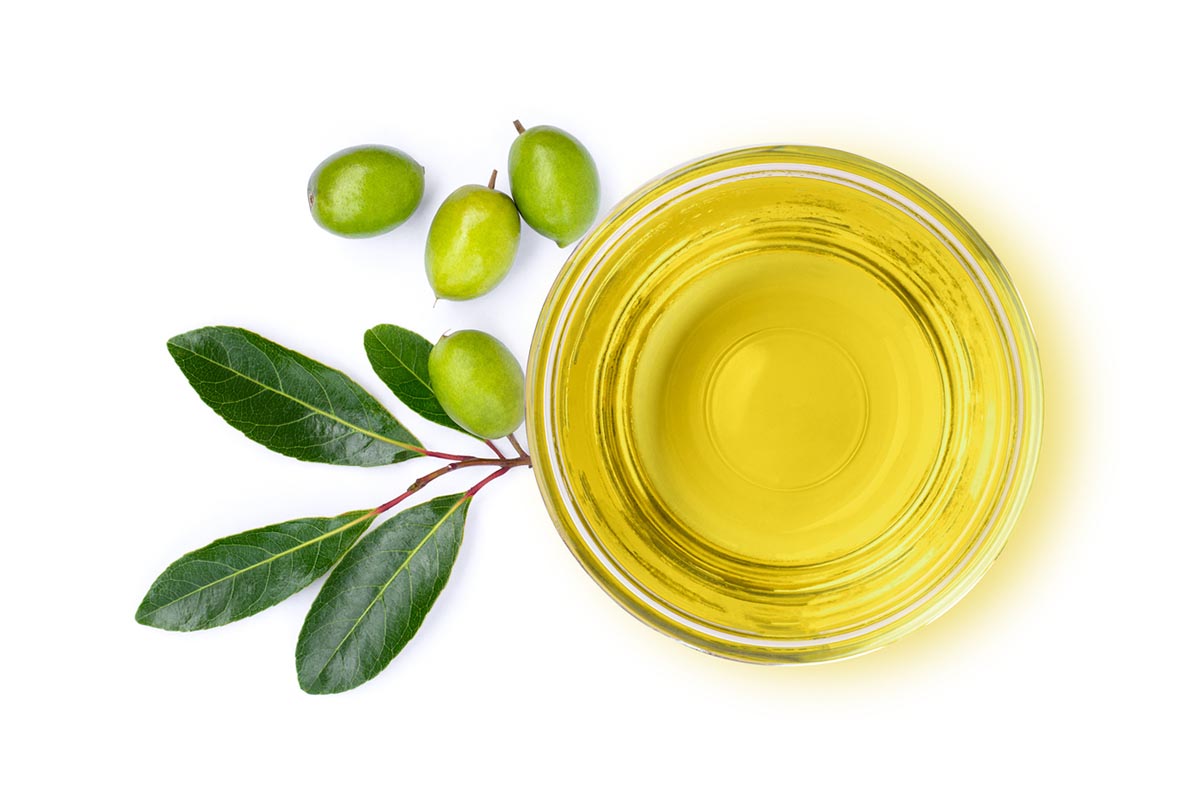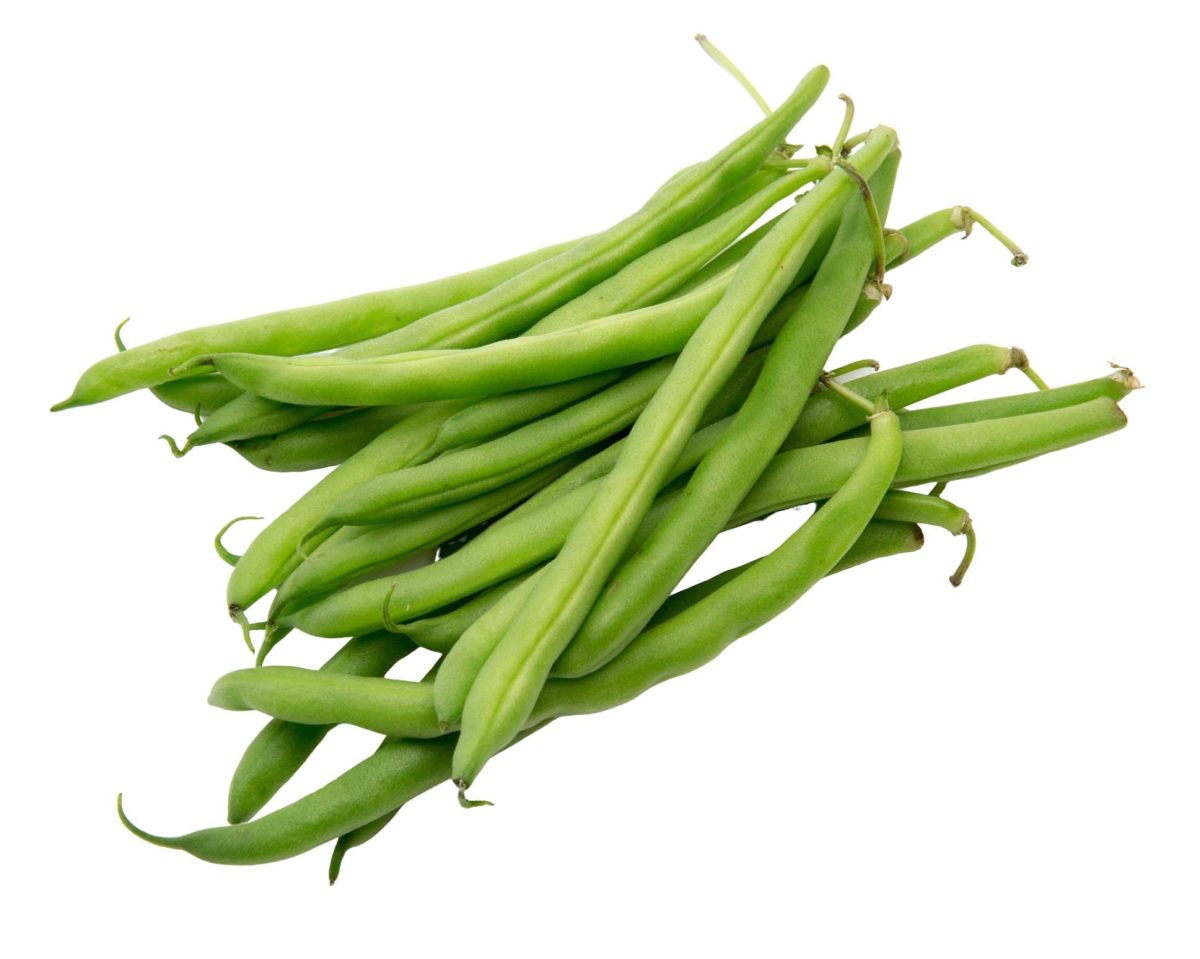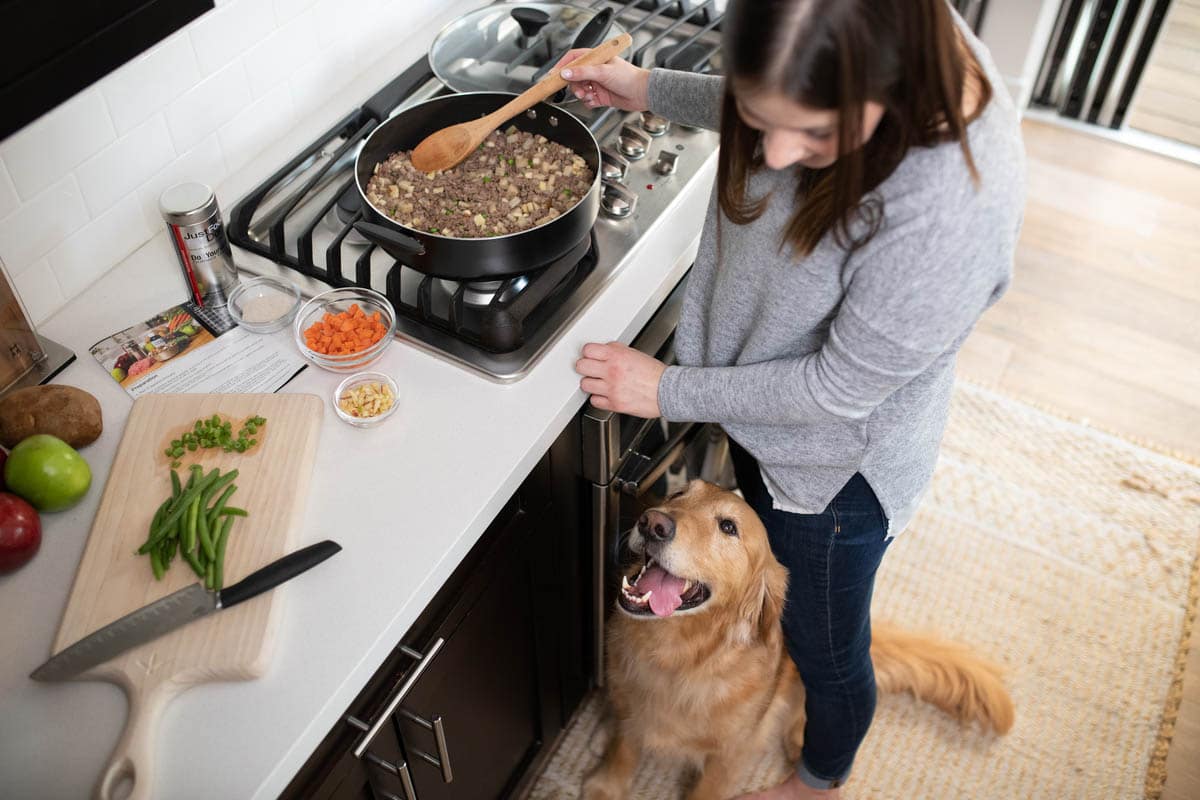Is Olive Oil OK For Dogs?
Here’s what you need to know about the benefits of olive oil and how to safely incorporate it into your dog’s diet if you choose to do so.
A natural oil extracted from olives, olive oil is full of potential health benefits for human diets and dog diets alike. Here’s everything you need to know about the benefits of olive oil and how to safely incorporate it into your dog’s diet.
Can Dogs Have Olive Oil? Is Olive Oil Good For Dogs?
Yes, dogs can have olive oil! Olive oil is good for dogs in moderation and may have several health benefits when added to a balanced doggy diet.
Olive oil is a healthy source of vitamins and minerals that every dog’s diet needs. Extra virgin olive oil is known for helping dogs maintain healthy skin and a shiny coat.
Potential Health Benefits of Olive Oil For Dogs
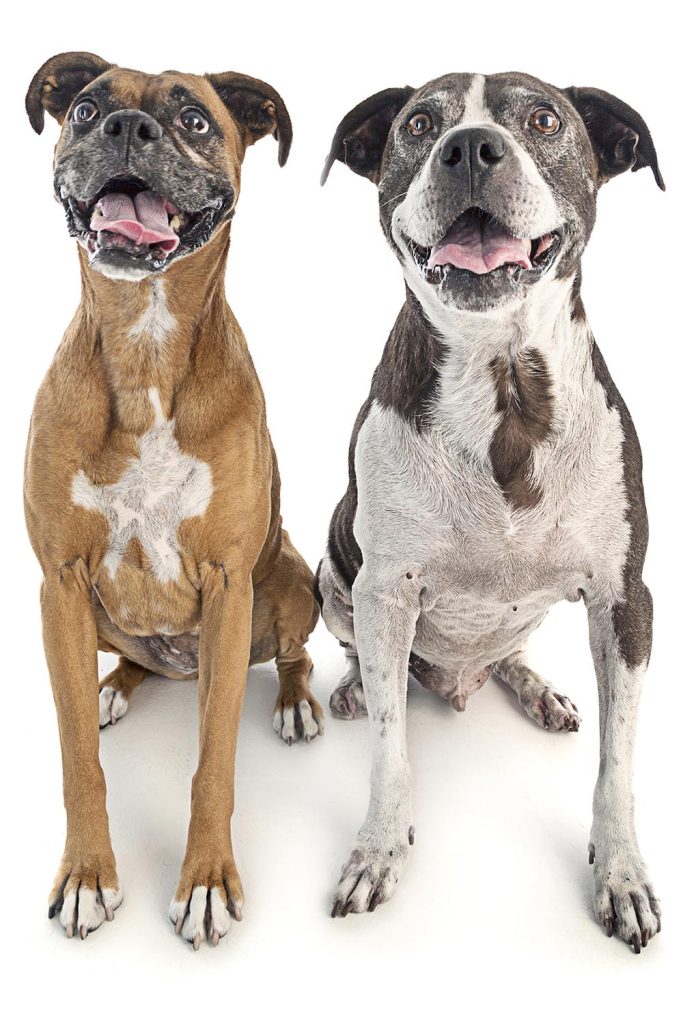
Olive oil is reported to have several wellness properties for pups. It can:
- help support a healthy immune response
- help dogs maintain a healthy coat
- be a great source of healthy fats
Here are the health benefits you can expect from adding a little EVOO to your dog’s meals.
Antioxidants
Antioxidants like vitamin E regulate free radical damage in your dog’s body. Vitamin E is also important for making sure your dog’s coat stays healthy.
Olive oil also contains a type of antioxidant called carotenoids. A carotenoid is a pigment found in certain foods like carrots, pumpkins, and tomatoes. Carotenoids are known for their ability to support a dog’s immune system. They also play a major role in maintaining your dog’s health.
Omega-3 Fatty Acids
Olive oil contains the omega-3s your furry friend needs to maintain a healthy diet. Omega-3s are another type of healthy fats dogs need. These essential minerals promote heart health and support cognitive function.
Monounsaturated Fats
Monounsaturated fats are healthy fatty acids found in certain foods. The main type of fat found in olive oil is oleic acid. Dogs need these healthy fats to maintain immune health and maintain good cholesterol in older dogs.
Monounsaturated fats also help break down fat cells in the body and move them through the digestive system. Olive oil works as a natural laxative. As such, it can help support normal GI health and function while working as a dietary aid to maintain a healthy body weight.
May help maintain a normal inflammatory response
Inflammation is caused when your dog’s body responds to an injury or threat of infection. The cells around the issue become inflamed as they produce new cells to replace those affected.
The properties in olive oil that may help maintain a normal inflammatory response come mainly from polyphenols (oleuropein and hydroxytyrosol). Polyphenols are shown to also promote joint health in dogs.
How Does Olive Oil Help Dog’s Skin and Coat?

Dogs who struggle with dry, flaky skin may benefit from olive oil in their diet. The vitamin E in olive oil soothes dry skin and replenishes moisture, leaving your dog’s skin soft and their coat healthy and shiny. The oleic acid found in olive oil may also contribute to a dog’s skin health.
How To Add Olive Oil To Your Dog’s Diet
You can add a teaspoon of olive oil over your dog’s dry food or mix it in with wet food. Adding small amounts of olive oil to homemade dog treat recipes, like this DIY chickpea dog treat recipe, is another way you can incorporate the benefits of olive oil into a tasty snack for your pooch.
How Much Olive Oil Should My Dog Have?
Before introducing any new food to your pet, consult your veterinarian first. If you get the go-ahead, give olive oil to your dog in small amounts, particularly when you first begin adding olive oil to your dog’s diet. A teaspoon of olive oil with their meal is plenty to start.
Too much olive oil can irritate your dog’s digestive tract and induce vomiting. It can also cause your dog’s stool to be extremely loose and cause diarrhea. Dogs with sensitive stomachs should only have very small quantities of olive oil to prevent stomach or digestive issues.
What If My Dog Has Too Much Olive Oil?
The excess fat in olive oil can cause stomach issues for dogs and even lead to health issues like pancreatitis. Pancreatitis is a condition where your dog’s pancreas becomes inflamed. This causes a lot of discomfort as well as vomiting or diarrhea. No one wants that for their pooch!
What Other Oils Are Good For Dogs?
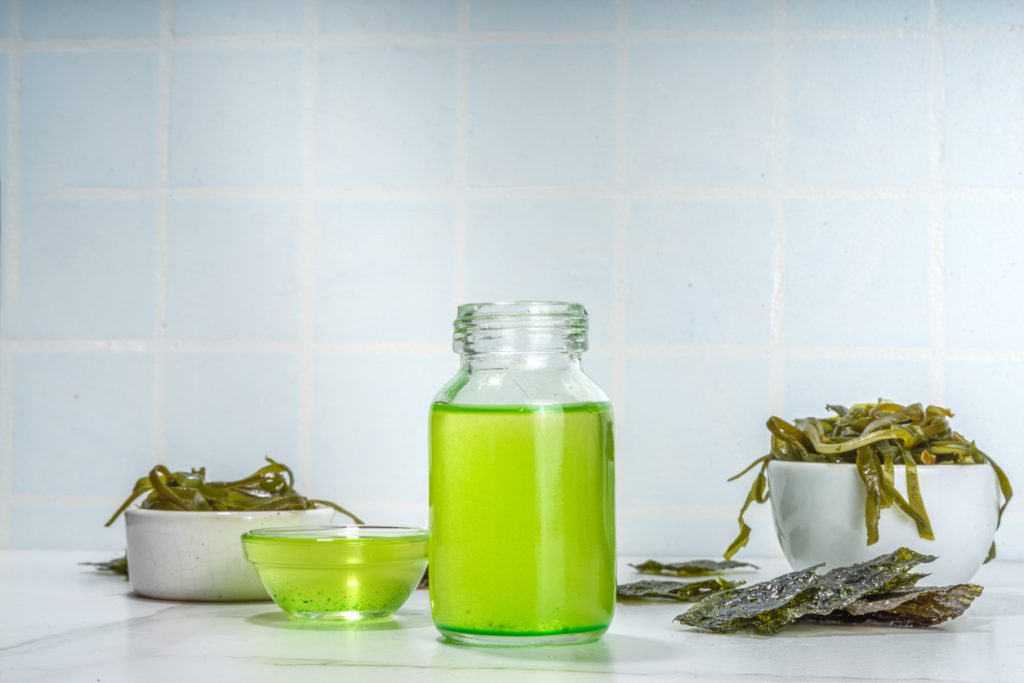
Olive oil is a healthy addition to a dog’s diet in most cases, but some dogs’ digestive systems may not process it well. Olive oil is also relatively expensive. There are other oils that dogs can get major health benefits from, like algae oil.
Algae Oil
Algae oil, sometimes called algal oil, is a microalgae that’s 100% vegetarian and vegan. It’s a great plant-based source of omega-3 fatty acids and vitamins A and D. It’s also known for helping to maintain eye health, support cognitive function in dogs, as well as help maintain a normal inflammatory response.
Coconut Oil
Coconut oil is full of nutrients and benefits for dogs, both in their diet and applied topically. Rich in fatty acids and healthy fats, coconut oil can help maintain moisture content of your dog’s skin and make their coat extra shiny. If adding coconut oil to your dog’s food, make sure to give it to them only in small amounts. Too much coconut oil can cause serious stomach upset and lead to pancreatitis in dogs. Again, consult your veterinarian first.
This content is for informational use only and does not replace professional nutrition and/or medical advice, diagnosis, or treatment. It is not a substitute for and should not be relied upon for specific nutrition and/or medical recommendations. Please talk with your veterinarian about any questions or concerns.
